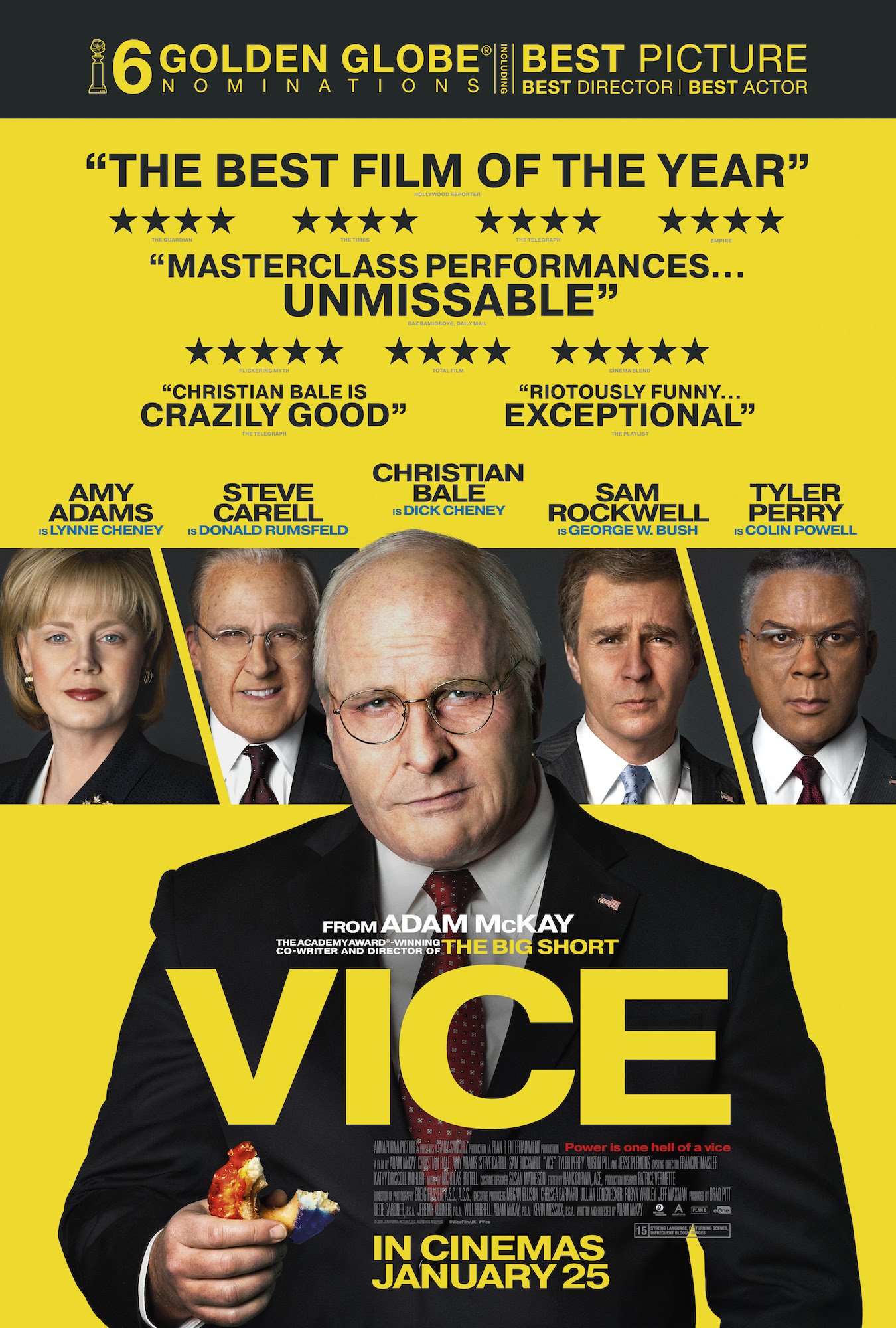Government Defined
The dictionary definitions and subsequent criteria of Government are:
The governing body of a nation, state, or community.
To be considered a nation-state, a territory must meet 4 requirements
It has a population – people must inhabit the land
It has borders – area must have definite borders
It has a government – there must be a government in place
It has sovereignty – a nation-state is its own boss
A government is a group of people that have the power to rule in a territory, according to the administrative law
The exercise of political authority over the actions, etc., of a political unit, people, etc., as well as the performance of certain functions for this unit or body, the action of governing, political rule and administration.
There are five distinct functions of any Government
Protection
Order
Conflict Resolution
Economic Stability
Public Service
The system or form by which a community etc., is ruled. Ex. democratic government, parliamentary government, tyrannical government
The type of government is usually determined by the theory or needs of its people.
Many differing theories of government have aided in its evolution. There is not just one form of government. Throughout time, there have been many different forms of government that developed in a variety of ways. As we analyze how governments form, they can be broken down into these categories.
•Evolution Theory
Make sure to click the provided links and investigate the different theories and then consider how they are applied to the Modern U.S. Government.
Political Theory
Do you think we have modern factions? What are some possible examples?
Forms of Government:
It’s all good in theory; however, the forms of government do demonstrate how these theories play out when applied. Be sure you know & understand the following terms:
Where is it located?
Unitary – Power of the government is centralized in one place
Federal – Power is divided between central and reginal governments
Confederate – Power is spread out among several geographic centers
Who has the Power?
Autocracy – an individual holds all the power (ex. Dictatorship)
Oligarchy – a small group hold all the power (ex. Dictatorship, but why still a dictatorship?)
Direct Democracy – each person holds equal power (ex. Ancient Greece)
Indirect Democracy – each person votes to elect a representative; also call representative democracy, or a republic
How much power?
Totalitarian – Central government has TOTAL power and advances a particular ideology
Authoritarian – Central government has ALMOST absolute authority (*all social and government institutions are not completely under control of the state)
Limited Government – Central government is limited in its power. In a limited government, the power of government to intervene in the exercise of civil liberties is restricted by law, usually in written constitution. Individuals over the state.
Anarchy – Government has NO POWER
How is the power distributed?
Parliamentary Government – Legislative branch controls the executive branch
For example: Great Britain
Presidential Government – The executive is distinct from the legislature
For example: the United States
Theories of Power
Elitist Theory – small group of select people hold power. The elite come from three major areas: the military, the government, and the economy.Elites are the owners of production who control (economic) production.The Bureaucrats are the elite because they work for the organizations that are powerful.
Pluralist Theory – the power is held by a large number or plurality of people. In a pluralist theory, different groups (Factions) each compete for the attention of the government. The government tries to balance their attention. Therefore, there is no real elite, all are represented.Power is evenly distributed among government offices so there is a ‘balance of power’.James Madison (the writer of our constitution) is the one example of a believer in pluralist theory of power. He felt that the best a government could do is balance the clashing of interests (Factions) so that there might be a balance of power.
Groups called factions splinter off and for. We define these as a group of people with similar interests and an agenda. This can and very much does influence the types of government that can be put into place.
Author George Orwell examines dictatorships in his famous books, pictured above.
President Snow (pictured below) is presented in the fictional series, "The Hunger Games,” as a murderous dictator that helped fashion the media and extremely wealthy into an Oligarchy that empowers a dictator.
In a satirical look at the Bush Administration, the film “Vice” follows the life of Vice President Richard “Dick” Cheney and his alleged silent control over the White House. The film discusses something called the “Unitary Executive Theory.” This amalgamation of philosophies would basically allow democracy to function closer to an authoritarian government, but not a dictatorship.
Forget the 2005 movie.
The graphic novel “V for Vendetta” explores fascism(dictatorship/oligarchy) and anarchy. V represents the anarchist. Why would that be appealing to those under a dictatorship?
Now that You have a “Theoretical” migrane
A philosopher named Aristotle had some rather compelling reasons for the importance of learning the forms/types of government.
Aristotle’s reasons to know types of government:
To create the best possible government
To make good laws
To choose the best government for a particular state
To make appropriate changes in government
If you have time, check out the lecture to the right.
Next, we will see how this played out in America.













